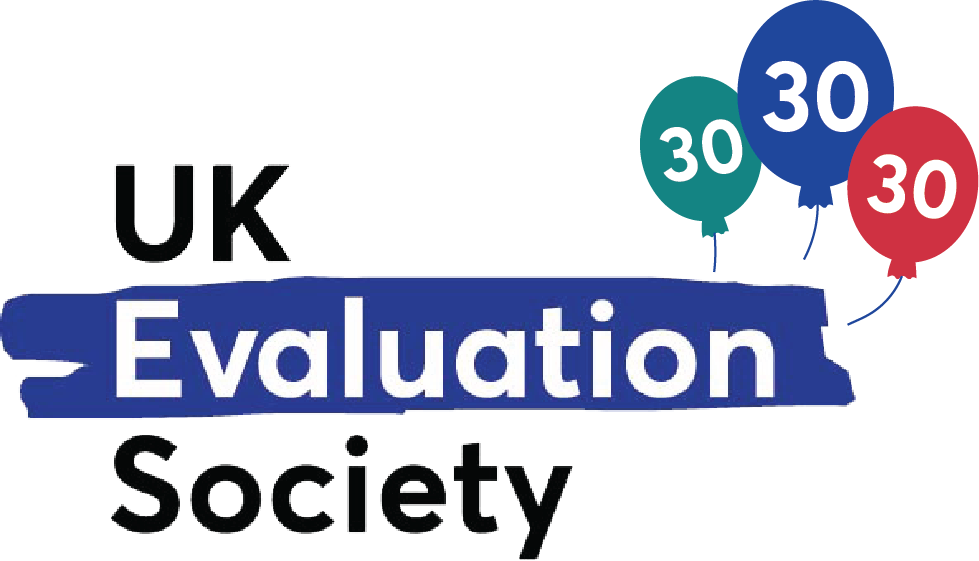The responsibility of evaluation
The UK Evaluation Society welcomes the strong emphasis HM Government has recently placed on evaluation.
In the Ditchley Foundation Annual Lecture on 27th June 2020, The Rt Hon Michael Gove MP, Chancellor of the Duchy of Lancaster, stressed the importance of rigorous evaluation of Government’s policies, programmes, and projects. Mr Gove highlighted that a responsible government needs to know the social value of its programmes going beyond questions of spending, and that it is crucial to address questions of effectiveness and benefits to vulnerable citizens.
“At the heart of our programme must be a focus on what works – what actually helps our fellow citizens to flourish. And that means, as I have emphasised, rigorous evaluation of Government programmes.”
“Government needs to be rigorous and fearless in its evaluation of policy and projects.”
The Rt Hon Michael Gove MP
We are in challenging and changing times with impacts on our economy, health, society and international relations. The forthcoming government spending review and Whitehall reforms are likely to introduce unprecedented changes to the public system and wider society. Among these uncertainties, the UK Evaluation Society is encouraged that evaluation continues to be seen as central to the way Government takes decisions, assesses its policies, and reviews its successes and failures.
The March 2020 publication of a major revision to HM Treasury’s ‘Central Government Guidance on Evaluation’ (otherwise known as the Magenta Book) is timely. This revision, to which the Society contributed, has been well received due to its broad-based position on evaluation approaches and methods, looking beyond the numbers. The UK Evaluation Society recognises that living with Covid-19, it will be ever more important that better outcomes for citizens are achieved and inequalities are reduced to gain best value for money from the public’s funds. Evaluation offers what this needs: a critical approach to determining impact and an emphasis on learning how programmes work and for whom within complex societal systems.
The UK evaluation community is well placed to respond to the challenges of our times as it includes professionals working with wide-ranging analytical and evaluative skills. The responsibility of evaluation to provide clear, unbiased and rigorous evidence is central to UK Evaluation Society’s guiding principles, our Guidelines for Good Practice in Evaluation and how we hold ourselves to account. For evaluation to be most effective, those commissioning evaluations require the conviction and courage to meaningfully adopt principles of transparency, timely publication of findings, evidenced responses and action. Likewise they need to adequately fund evaluations and recognise that rigour is achieved through a range of methods.
Notes to Editors: The UK Evaluation Society is the membership organisation for evaluation professionals in the UK. We exist to promote and improve the theory, practice, understanding and utilisation of evaluation and its contribution to public knowledge. We have a diverse membership of evaluation professionals, practitioners and commissioners from across national and local government, the research community, consultancies, charities and the voluntary sector.

